Soon after Viktor Orban's comprehensive presentation this past summer in Tusvanyos, where he also spoke with unvarnished frankness about the possibility of a peaceful settlement of the Russia-Ukraine armed conflict in terms of both European and transatlantic relations, a number of reactions, including from politicians, were published in our region and in Western Europe.
As the Hungarian prime minister stressed in his speech at the time, "the fermentation has begun, we are slowly but surely moving from a pro-war European policy towards a pro-peace policy. This is inevitable, because time is on the side of peace."
Those with a penchant for following international political processes could have guessed that Orban's prediction of peace would be attacked by even the seemingly most objective media outlets, let alone by European politicians who have staked their careers and personal ambitions on fomenting the climate of war that has been dragging on for more than two and a half years. Most of these left-wing statements and reports claimed that the Hungarian PM was once again punching above his weight, that his assessment of the situation is biased and hazy, and that he was betting on the losing US presidential candidate, just as he bet wrong when he predicted that the air around Europe's leading political elites would become dangerously thin. In other words, Orban cannot be right about this either.
However, if we look back at the key political developments of this year, and examine the outcome of recent months' elections through the lens of a peace policy, all the signs indicate that, as in previous years, 2024 has also vindicated the Hungarian prime minister.
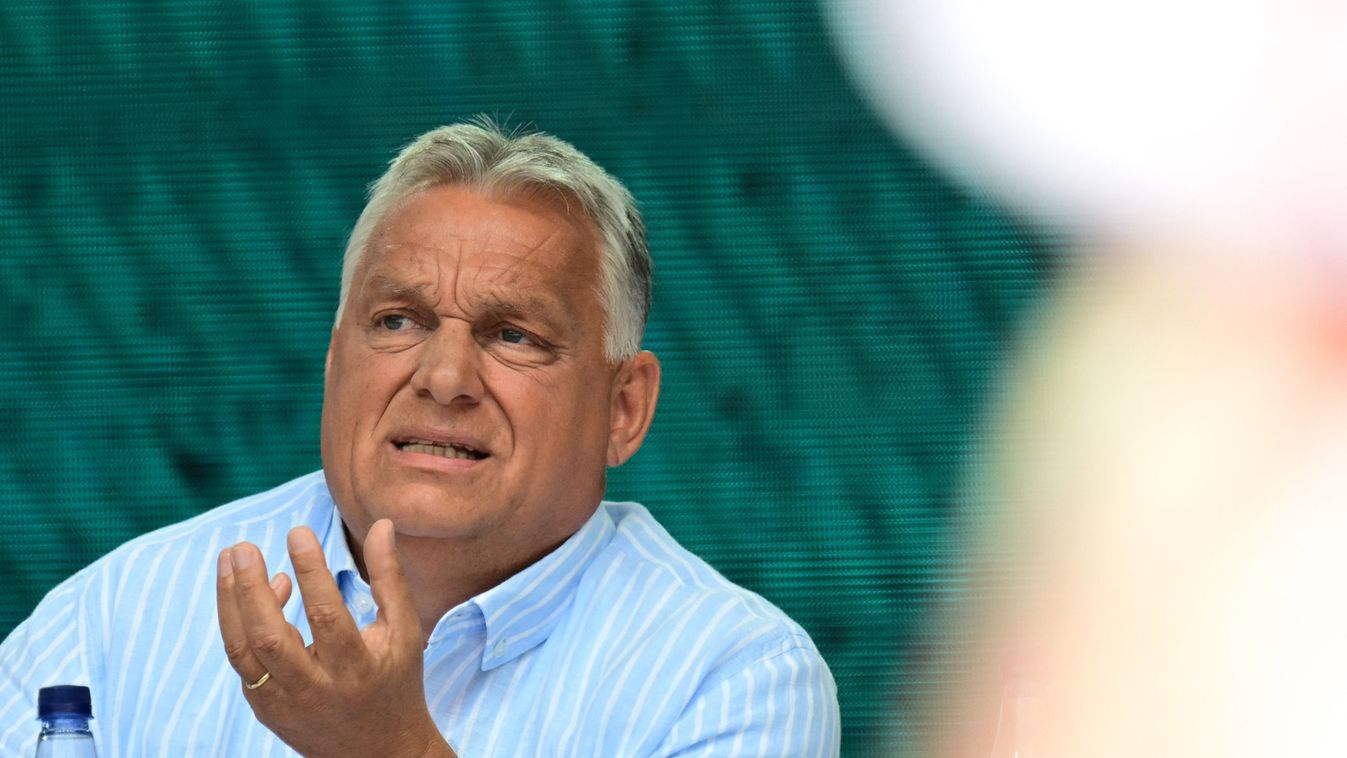

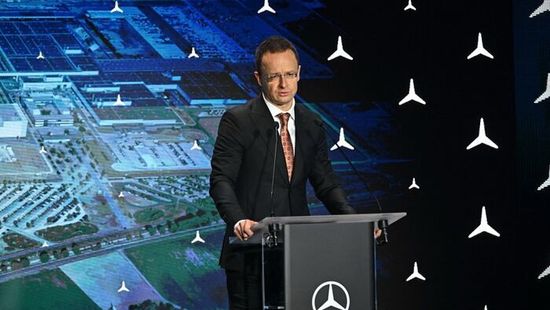
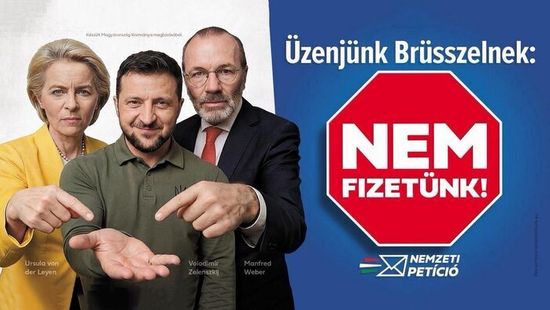
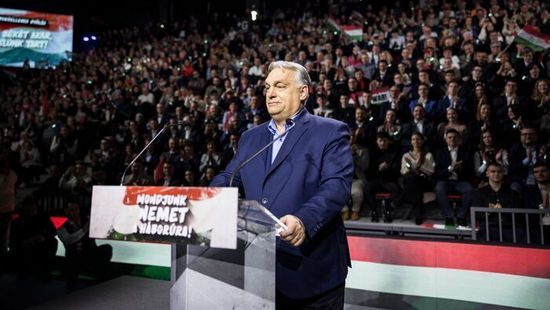


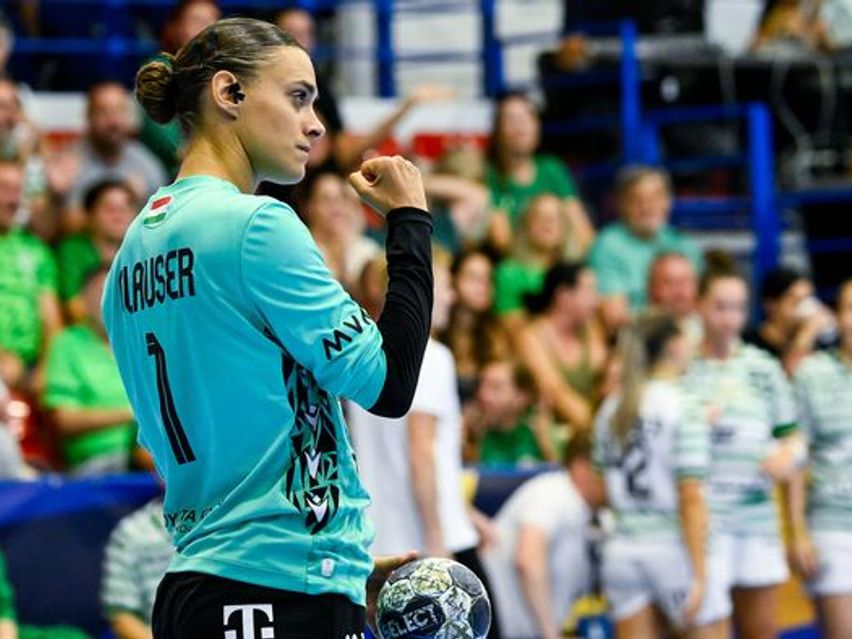
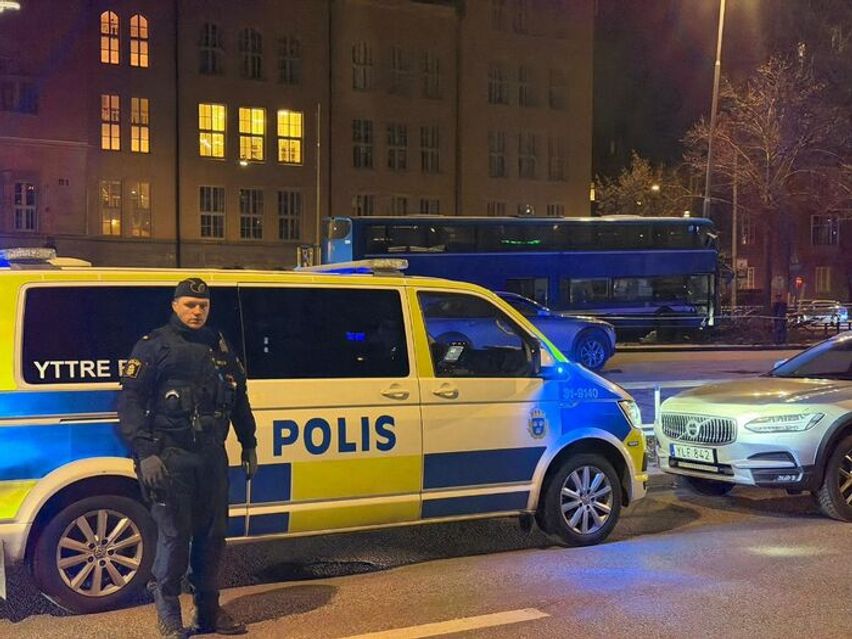
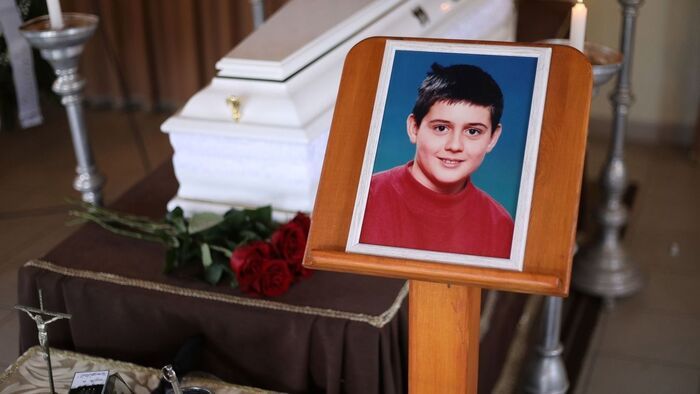

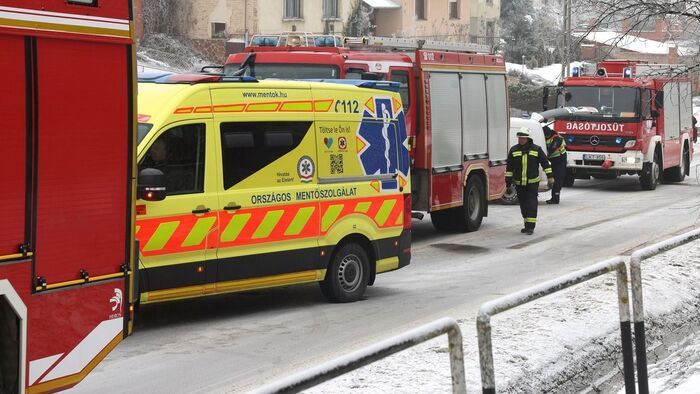

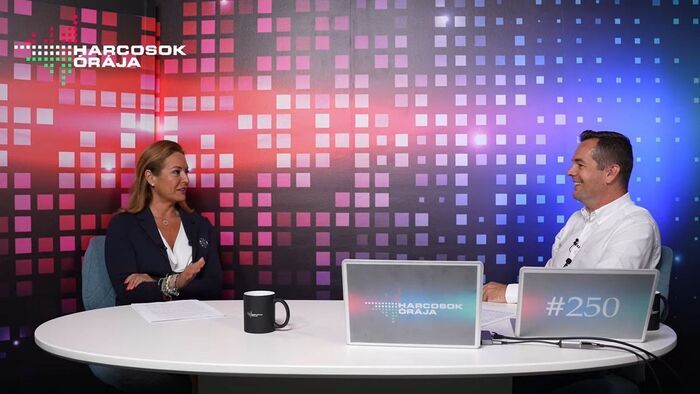

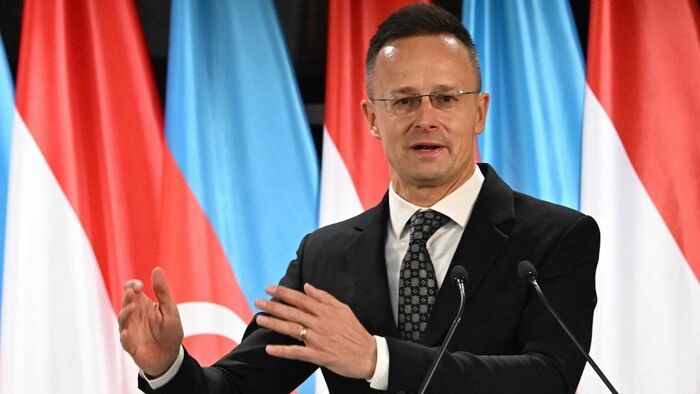
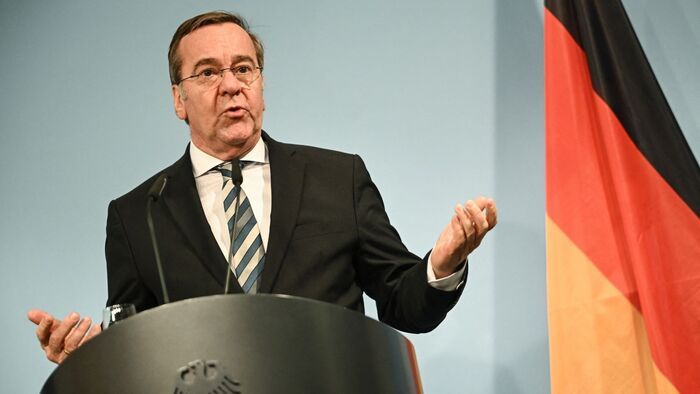
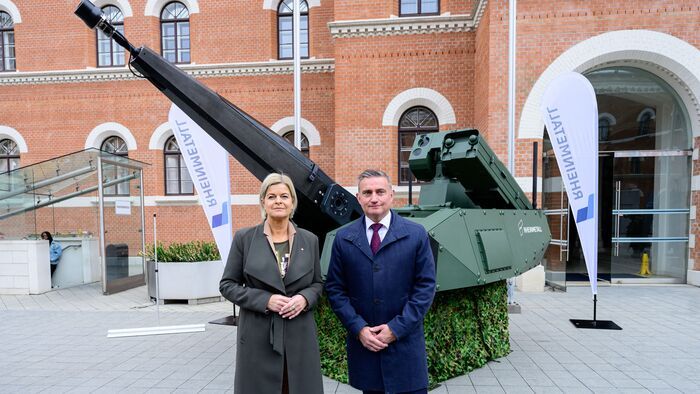
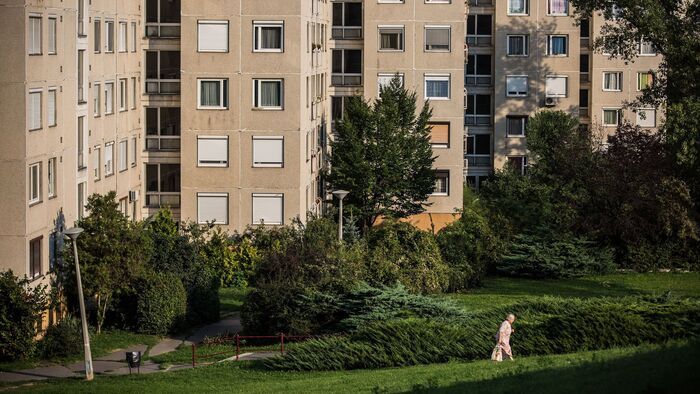



Szóljon hozzá!
Jelenleg csak a hozzászólások egy kis részét látja. Hozzászóláshoz és a további kommentek megtekintéséhez lépjen be, vagy regisztráljon!